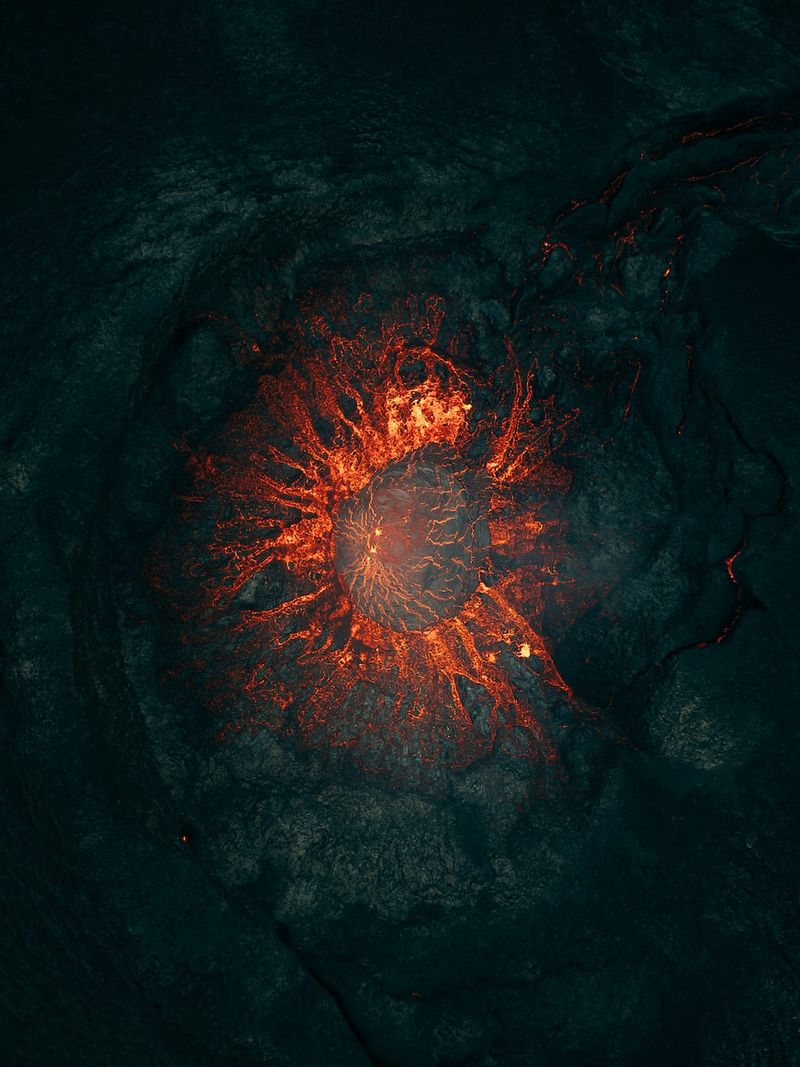Mount Etna Eruption in Italy Disrupts Travel Plans
Closure of Catania Airport Causes Chaos for Passengers
Italy’s Mount Etna, Europe’s most active volcano, erupted on August 14, causing the closure of Catania Airport and disrupting travel plans for thousands of passengers. The eruption occurred at the southeast crater of the volcano, spewing smoke and ash into the air. The National Institute of Geophysics and Volcanology reported that the volcano’s activity is now receding. However, the closure of the airport and surrounding airspace has left passengers stranded or unable to reach their summer vacation destinations.
Effects on Air Travel
Catania Airport, located on the east coast of Sicily, is the sixth busiest airport in Italy. The closure of the airport has resulted in the cancellation and delay of numerous flights. Ryanair Holdings Plc, EasyJet Plc, and Wizz Air Holdings Plc have all canceled morning flights to and from Catania. These airlines have warned passengers to expect delays, diversions, or further cancellations as long as the volcanic activity continues.
Danger of Ash Plumes
One of the main concerns with volcanic eruptions is the release of ash plumes, which can pose a significant risk to aircraft. The particles in the ash can damage jet engines, making it unsafe for planes to fly through affected airspace. The eruption of an Icelandic volcano in 2010 caused widespread flight cancellations across Europe due to the significant ash plume it created.
Editorial: The Impact of Natural Disasters on Travel
Natural disasters, such as volcanic eruptions, earthquakes, and hurricanes, have a profound impact on the travel industry. They disrupt transportation systems, strand travelers, and cause financial losses for airlines, airports, and hotels. While these events are beyond human control, they remind us of the vulnerability and resilience of both nature and our built environment.
The Balance Between Safety and Convenience
The closure of Catania Airport due to the Mount Etna eruption serves as a reminder of the delicate balance between ensuring the safety of passengers and the convenience of travel. While it may be frustrating for those affected by flight cancellations or delays, it is crucial for airlines, airport authorities, and aviation regulators to prioritize the well-being and security of travelers. Flying through ash clouds can have catastrophic consequences for aircraft and their occupants, as evidenced by previous incidents.
Preparedness and Contingency Planning
Efficient and effective response to natural disasters requires thorough preparedness and contingency planning. Airlines and airports should have protocols in place to promptly communicate with passengers and provide alternative travel arrangements. Passengers, on their part, should remain vigilant and stay updated on travel advisories during times of volcanic eruptions or similar events.
Advice for Travelers
If you are currently traveling or planning a trip to a volcanic region, it is essential to be aware of the potential for disruptions caused by eruptions. Here are some tips for dealing with such situations:
1. Stay informed:
Keep up to date with travel advisories issued by airlines, airports, and local authorities. Subscribe to notifications from airlines or use travel apps that provide real-time updates on flight statuses.
2. Plan ahead:
Consider travel insurance that covers trip cancellation or delay due to natural disasters. Have contingency plans in place, such as alternative airports or modes of transportation.
3. Contact your airline:
If you have a flight reservation to or from an affected area, reach out to your airline for information and assistance regarding rescheduling, refunds, or re-routing options.
4. Follow official guidance:
Adhere to the instructions and recommendations provided by airport authorities and aviation regulators. These measures are put in place to ensure your safety and the smooth operation of air travel.
5. Stay calm and flexible:
While disruptions and uncertainties can be frustrating, maintaining a calm and flexible attitude will help you navigate through the challenges. Explore alternative routes or modes of transportation, and be prepared for possible delays or changes to your travel plans.
In conclusion, the eruption of Mount Etna in Sicily has caused significant disruptions for travelers, highlighting the unpredictable nature of natural disasters. It is crucial for all stakeholders in the travel industry to prioritize safety and preparedness to mitigate the impact of such events. It is also essential for travelers to remain informed, plan ahead, and stay flexible when faced with travel disruptions caused by natural disasters.

<< photo by Martin Sanchez >>
The image is for illustrative purposes only and does not depict the actual situation.
You might want to read !
- Iceland’s Fiery Awakening: Volcano Erupts Following Intense Earthquake Activity
- Wildfire Devastation Strikes Enterprise, N.W.T.
- Calling All Points! Chad Kelly and the Argos Take to the Skies to Overwhelm the Redblacks
- Battle for the Octagon: Analyzing the Official Scorecards of UFC Fight Night: Luque vs Dos Anjos
- The Strategic Moves: Unleashing Petry’s Full Potential in Canadiens GM Hughes’ Hands
- 5 Key Updates for August 1: Trump, Wildfires, Ford Recall, Space Exploration
- Blue Jays Bolster Bullpen with Acquisition of Fireballer Jordan Hicks from …




